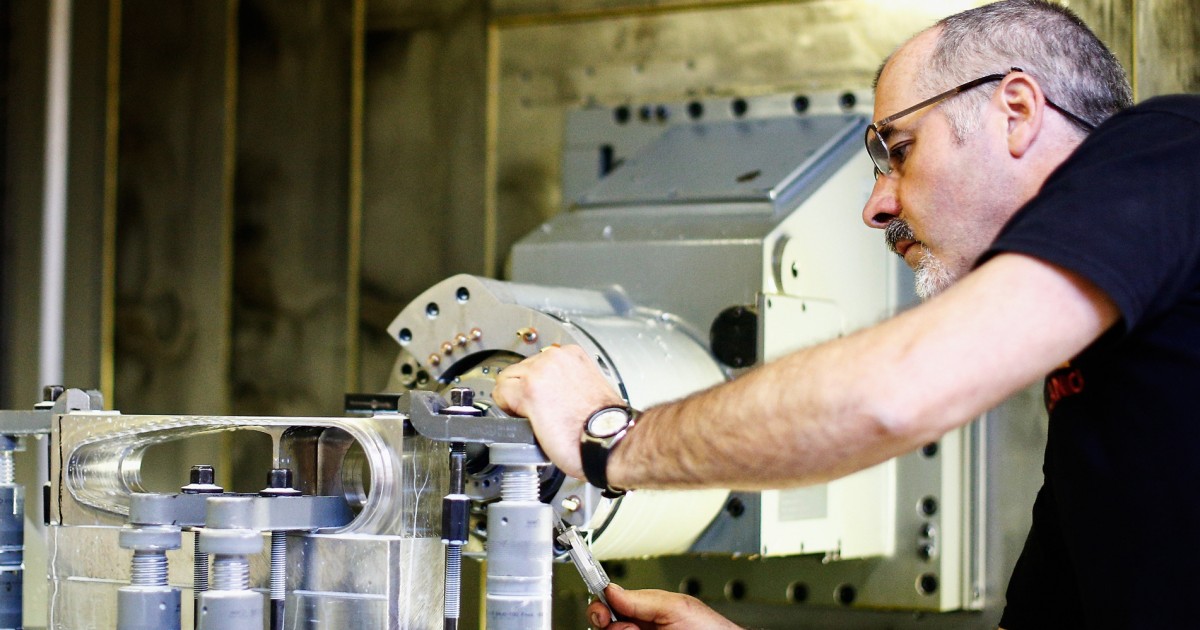
Heat Rejection
Heat Rejection is the process of dissipating excess heat generated by a spacecraft or a satellite during its operation in space. As there is no atmosphere in space, the only way to reject heat is through radiation. The heat generated by the spacecraft's electronic systems, propulsion system, and human occupants (in case of manned missions) must be dissipated to prevent overheating and damage to the spacecraft. The heat rejection system typically consists of radiators, heat pipes, and thermal blankets that are designed to efficiently radiate the excess heat into space. The efficiency of the heat rejection system is critical for the success of the mission as overheating can cause system failures and mission termination.
Your Previous Searches
Random Picks
- Payload Design: Payload design is the process of designing and developing the instruments, equipment, and experiments that are carried on a spacecraft or launch vehicle. The payload is the part of the spacecraft that is not necessary for its basic operatio ... Read More >>
- Emergency Situations: Emergency situations refer to unexpected and potentially dangerous events that can occur during space missions, such as equipment malfunctions, medical emergencies, or natural disasters. These situations require immediate action and decisio ... Read More >>
- Data Visualization: Data visualization is the graphical representation of data and information. It involves the creation and use of visual elements such as charts, graphs, and maps to communicate complex data in a clear and concise manner. In the context of sp ... Read More >>
Top News

Scientists release plans for an even bigger atom smasher to address the mysterie...
GENEVA — Top minds at the world’s largest atom smasher have released a blueprint for a much bigger successor that could vastly improve research into the remaining enigmas of physics....
News Source: NBC News on 2025-04-01

Scientists release plans for even bigger atom smasher along the French-Swiss bor...
Scientists at the world’s largest atom smasher have released a blueprint for a much bigger successor that could help solve enigmas of physics, starting in the mid-2040s at a cost of about $16 billio...
News Source: ABC News on 2025-04-01

The 'Blaze Star' hasn't exploded yet, but it could soon...
T Coronae Borealis has an outburst every 79 to 80 years, according to NASA....
News Source: ABC News on 2025-03-28
I visited the sprawling 'metroburb' where 'Severance' is filmed. It's a 2 millio...
Bell Works, the real office complex that doubles as Lumon on "Severance," is redefining what an office can be....
News Source: Business Insider on 2025-03-28

We've spotted auroras on Neptune for the first time...
After 34 years of searching, astronomers have finally confirmed Neptune has auroras, thanks to data from the James Webb Space Telescope...
News Source: New Scientist on 2025-03-27